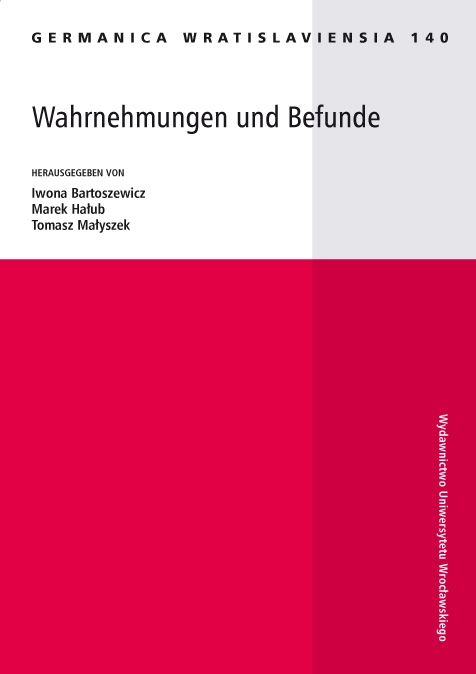

Literary studies

Hans Falladas Roman Kleiner Mann, großer Mann 1941 wird in der Regel als Trivialroman abgestempelt und deshalb auch meistens von der Literaturforschung außer Acht gelassen. Die Fallada- Germanistik verweist in diesem Kontext sehr oft auf einige überlieferte Briefe und andere Niederschriften von Fallada, in denen er selbst seine unter dem Nazi-Regime entstandenen Erzähltexte meistens als eine Art Unterhaltungsdichtung bezeichnet. Mit Blick allerdings auf Kleiner Mann, großer Mann lässt sich feststellen, dass man zumindest unter dem erzähltechnischen Gesichtspunkt dem Roman über den reich gewordenen Kontoristen Max Schreyvogel keinesfalls das Merkmal der Trivialität zuschreiben sollte. Eine kitschig angehauchte Geschichte story wird mit neusachlichen realitätsnahen Erzählmitteln discourse dargestellt, die so gesehen im Kontrast zu der Banalität des Stoffes stehen.
Triviality in the new objectivity layout. Considerations on Hans Fallada’s Kleiner Mann, großer Mann
Hans Fallada’s novel Kleiner Mann, großer Mann 1941 is in principle regarded as a trivial novel and it is for this reason that it has very seldom aroused interest among the literati. Yet, Fallada himself at one time called his texts written in the Nazi Germany a kind of entertaining or popular literature. However, with the careful analysis of Kleiner Mann, großer Mann one should state that the novel about the offcial Max Schreyvogel, at least with respect to the narration, does not come under the criterion of triviality. The somewhat trashy story histoire albo narrative is being told with the new objective new objectivity, realistic means discourse which are in cotrast to the banality of the main topic.